LPG installations in caravans and motorhomes
From 10 November 2011 all gas installations must be installed in accordance with AS/NZS 5601.2:2010 Gas Installations- LP Gas Installations in caravans and boats for non-propulsive purposes.
Until 31 December 2012, the previous requirements may be also used. That is, the caravan installation standard, NZS 5428: 2006: LPG Installation for Non-propulsive Purposes in Caravans and Boats, may be used as a means of compliance for Part 1 of NZS 5261.
All gasfitting work on a caravan should be carried out by a licensed gasfitter. However, work on systems supplied by cylinders of less than 15kg LPG capacity do not require certification.
Simple safety rules
- Remember LPG is heavier that air and will collect at the lowest spot available.
- Keep a fire extinguisher handy.
- A woollen blanket can help smother a fat fire.
- Refrigerators and water heaters in caravans and motorhomes must be correctly flued.
- Never use a cooker as a space heater.
- Portable appliances such as heaters and lanterns must never be used inside caravans or motorhomes as they may create carbon monoxide gas.
- Make sure all appliances are adequately ventilated.
Tips for safe use of LPG cylinders
- Never use damaged or corroded cylinders – this can lead to leaks and fire. Check cylinders by the date stamp. By law, cylinders must be tested every ten years. See your supplier for details.
- Always store and use cylinder upright. Laying a cylinder or its side may allow liquid LPG to escape. The liquid LPG will rapidly expand into a large amount of gas vapour, creating an explosion hazard.
- Cylinders should be housed in a suitable enclosure that will vent any gas that escapes away from the cabin and sources of ignition.
- When storing a caravan or motorhome, make sure you turn off the cylinder valve and then turn off all appliances.
- Check cylinder for dents or corrosion, especially around the base.
- Never attempt to repair or remove cylinder valves.
- Never expose cylinder to extreme heat.
- Never incinerate an ’empty’ LPG cylinder. It may explode.
- Never try to fill your own cylinder. Only trained persons using special equipment can do so safely.
Tips for safe use of LPG appliances
- Check copper tubing for dents, kinks and corrosion.
- Check all hoses regularly for signs of cracking, fraying or splitting.
- Check for the strong LPG odour. This could be a gas leak.
- Check the flame on any burner. If it is yellow instead of blue, the appliance needs servicing by a competent service-person.
- If you smell fumes, your eyes sting, or you become dizzy and nauseous while an appliance is on, turn it off immediately. Have it serviced by a competent service-person.
- No LPG appliance should be used when a caravan is travelling.
- Check all appliances are turned off when the towing vehicle is being refuelled.
- Check appliances for rust or corrosion.
- Use soapy water applied by brush or spray to check for leaks. Never use a flame.
- Apart from room sealed appliances and refrigerators, never operate a gas appliance when occupants are sleeping.
- Check all vents are clear. Lack of ventilation can kill.
Emergency procedures
Fire
- Dial 111 to call the Fire Service. Tell them an LPG cylinder is involved.
- Tell everyone to leave the premises and go to a safe place well away from the installation.
- If it is safe to do so, turn off all LPG valves.
Gas leak
- Turn off the cylinder valve.
- Clear the area of bystanders.
- Turn off all appliances, and ventilate the caravan or motorhome. Don’t operate any electrical switches until the air is clear.
Further information on LPG
For more information on LPG, gas cylinders and appliances contact your local gas supplier, the appliance manufacturer or agent, or a gas service centre.
